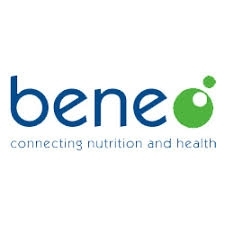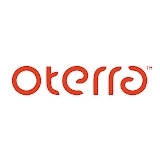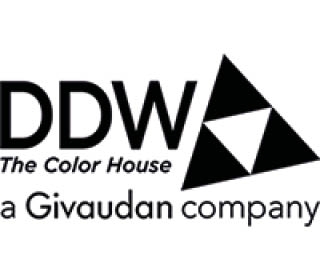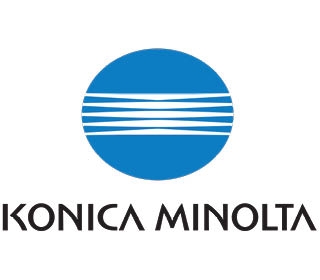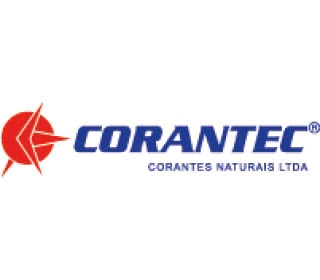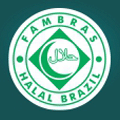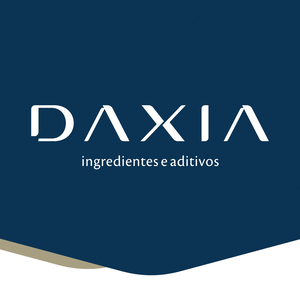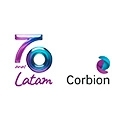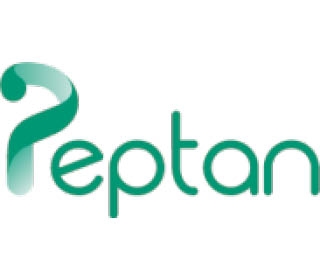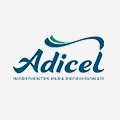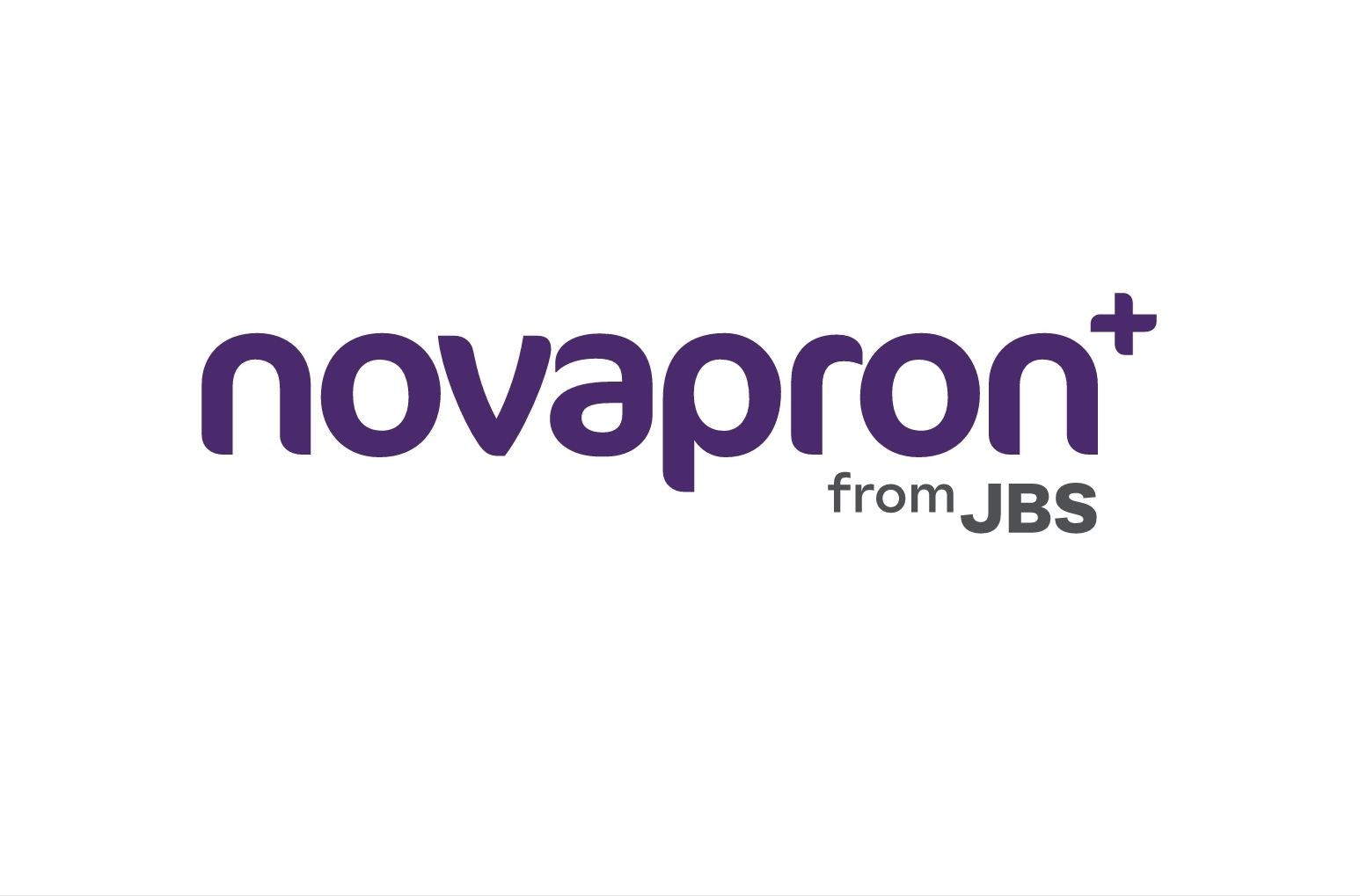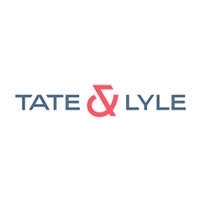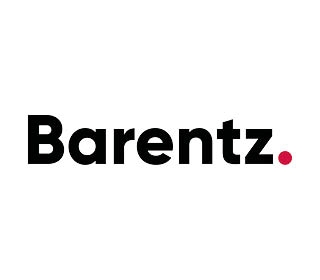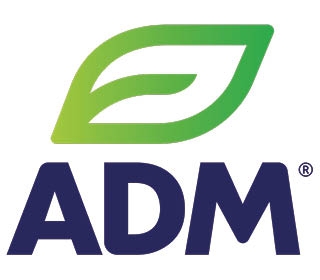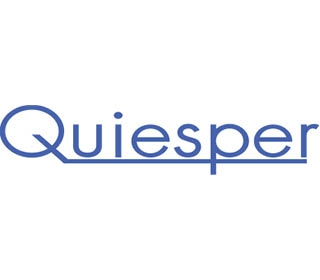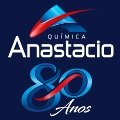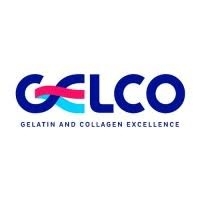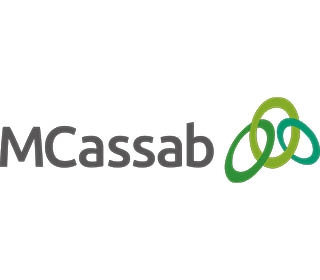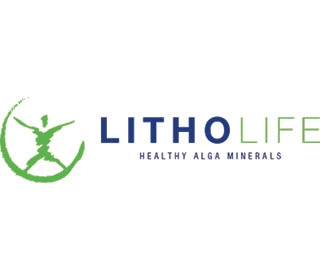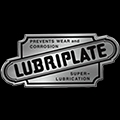Extended Lactation Does Not Impair the Quality or Cheese-Making Property of Milk
On average, a Danish dairy cow calve once a year. However, there are many indications that fewer calvings and extended milking periods have more advantages. By extending the lactation by up to six month both the environmental and climate impact of the livestock production may be reduced, whereas productivity and animal welfare potentially improve.
Moreover, research now shows that the milk quality is not affected negatively - contrary to previous fears:
There are a very limited number of studies examine the impact of extended lactation on milk quality; but previous studies have caused some concern. However, it is worth noticing that these studies date far back - and therefore they do not take modern livestock production into consideration, explains Assistant Professor Nina Aagaard Poulsen from the Department of Food Science at Aarhus University.
Within the context of the research project REPROLAC she and a number of colleagues have joined forces with representatives from the industry in order to clarify all aspects of the production method - including the effect on milk quality.
A PhD student from the Department of Food Science has been affiliated with the project, the efforts of which e.g. includes a comparison of milk samples from different stages of lactation - focusing specifically on taste and the properties making milk suitable for cheese production.
As expected, milk yield decreases over time. However, the contents of protein and fat increased. Our investigations thus show that the cheese-making properties of milk improve during lactation, Nina Aagaard Poulsen says.
Apart from measurable factors, the researchers have used a professional taste panel to investigate whether the extended lactation strategy affects the taste of the milk.
Previous investigations have indicated that milk from cows in extended lactation may have an undesirable and salty taste.
In addition, problems with increased proteolysis or protein breakdown may occur, especially if increased cell count problems arise during lactation.
As mentioned before, milk from cows in extended lactation contains more fat and protein and this is reflected in the taste panel evaluation. As an example, panel participants state that the milk is more creamy and fat. Most importantly, however, they do not indicate any negative impact on the milk taste, Nina Aagaard Poulsen says. In other words, there is no reason to fear that milk quality is reduced by extended lactation - neither with regard to the composition, the cheese-making property nor the taste of the milk.
The results are published in the Journal of Dairy Science.
The project "REPROLAC - Extended lactation in dairy production in favor of climate, animal welfare and productivity" has a total budget of DKK 18.5 million and has received funding to the amount of DKK 14 million from The Danish Council for Strategic Research, the Programme Commission on Health, Food and Welfare.
Apart from the Department of Food Science, Aarhus University, the Department of Animal Science and the Department of Agroecology at Aarhus University also participate together with Arla Foods, Seges, The Danish Cattle Research Centre, INRA and a number of private farmers.
The project is headed by Senior Researcher Troels Kristensen, Department of Agroecology, Aarhus University.





